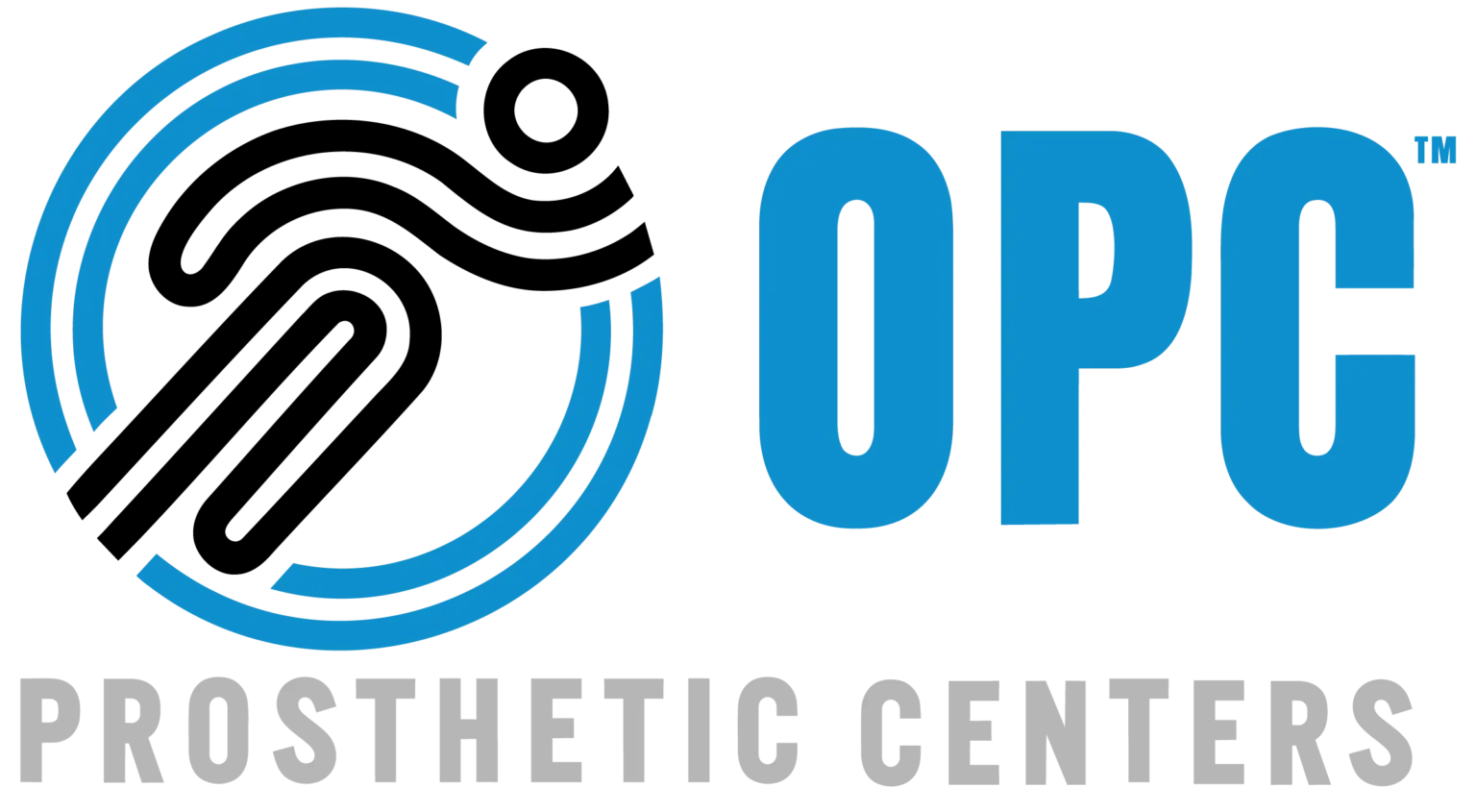Foot and ankle disorders can significantly impact one’s quality of life, affecting mobility, comfort, and overall well-being. From common issues like plantar fasciitis and flat feet to more complex conditions such as diabetic neuropathy and arthritis, these disorders require careful attention and appropriate management. Fortunately, orthotic solutions offer a range of effective interventions to alleviate symptoms, promote healing, and enhance daily functioning.
Understanding Foot and Ankle Disorders
Before delving into orthotic solutions, it’s crucial to understand the various disorders that can affect the feet and ankles. Plantar fasciitis, characterized by inflammation of the tissue connecting the heel bone to the toes, often leads to heel pain, especially with the first steps in the morning. Flat feet, or fallen arches, occur when the arches of the feet collapse, causing pain and instability. Other conditions like bunions, Achilles tendinitis, and neuromas can also cause discomfort and limit mobility.
Moreover, individuals with chronic conditions such as diabetes face unique challenges. Diabetic neuropathy, a type of nerve damage resulting from prolonged high blood sugar levels, can lead to numbness, tingling, and loss of sensation in the feet. This not only increases the risk of injuries but also complicates the healing process, potentially leading to ulcers and infections.
The Role of Orthotics
Orthotic solutions play a pivotal role in managing foot and ankle disorders by providing support, cushioning, and alignment. These devices are designed to redistribute pressure, correct biomechanical imbalances, and alleviate strain on affected areas. By offering stability and shock absorption, orthotics help reduce pain, prevent further damage, and promote optimal foot function.
Types of Orthotics
Orthotic devices come in various forms, tailored to address specific needs and conditions.
- Arch Supports: Designed to support the arch of the foot, these orthotics are beneficial for individuals with flat feet or fallen arches. By providing structural reinforcement, arch supports help distribute weight more evenly and alleviate strain on the plantar fascia.
- Heel Cups and Cushions: Heel pain, a common complaint in conditions like plantar fasciitis and Achilles tendinitis, can be effectively managed with heel cups and cushions. These devices provide targeted cushioning and shock absorption, reducing pressure on the heel and promoting comfort during activities.
- Orthotic Insoles: Custom-made or over-the-counter orthotic insoles offer personalized support and alignment. They are particularly useful for individuals with foot deformities, such as bunions or hammertoes, as well as those seeking additional cushioning and stability.
- Ankle Braces and Supports: In cases of ankle instability or injury, braces and supports provide external reinforcement, enhancing stability and preventing excessive movement. These orthotic devices are crucial during rehabilitation and can help individuals return to their normal activities with reduced risk of re-injury.
- Diabetic Footwear: Specifically designed for individuals with diabetes, diabetic footwear incorporates features such as extra depth, seamless interiors, and protective padding to minimize friction and pressure points. These shoes, often prescribed as part of a comprehensive diabetic foot care regimen, help reduce the risk of ulcers and other complications.
Benefits of Orthotic Solutions
The benefits of orthotic solutions extend beyond symptom relief. By addressing underlying biomechanical issues and promoting proper alignment, orthotics can prevent the progression of foot and ankle disorders. Moreover, they support the natural healing process, allowing individuals to resume their daily activities with greater comfort and confidence.
Orthotics also play a vital role in preventing secondary complications, particularly in high-risk populations such as individuals with diabetes. By reducing pressure and friction, these devices help minimize the risk of ulcers, infections, and amputations, ultimately improving long-term outcomes and quality of life.
Customization and Fit
While over-the-counter orthotics offer convenience and affordability, custom-made devices provide superior support and comfort, especially for individuals with complex foot conditions. Customization involves a detailed assessment of foot structure, gait analysis, and individual preferences to ensure optimal fit and function. Orthotists, healthcare professionals specializing in orthotic care, play a key role in designing and fitting custom orthotic devices, tailoring them to meet the unique needs of each patient.
Proper fit is essential for maximizing the effectiveness of orthotic solutions. Ill-fitting devices can cause discomfort, exacerbate existing symptoms, and even lead to new problems. Therefore, it’s essential to seek professional guidance when selecting and fitting orthotics, ensuring they provide the right balance of support and comfort.
Incorporating Orthotics into Daily Life
Integrating orthotic solutions into daily routines requires patience and consistency. Initially, individuals may need to gradually increase wearing time to allow for adjustment and adaptation. It’s also essential to follow any specific care instructions provided by healthcare providers to maintain the integrity and effectiveness of orthotic devices.
Moreover, orthotics should complement other aspects of foot care, including proper footwear selection, regular exercise, and foot hygiene practices. By adopting a comprehensive approach to foot health, individuals can optimize the benefits of orthotic solutions and improve their overall well-being.
Conclusion
Foot and ankle disorders can significantly impact one’s quality of life, causing pain, discomfort, and limitations in mobility. Orthotic solutions offer a range of effective interventions to alleviate symptoms, promote healing, and enhance daily functioning. Whether managing common conditions like plantar fasciitis or addressing complex issues such as diabetic neuropathy, orthotics play a crucial role in supporting foot health and overall well-being. By providing personalized support, cushioning, and alignment, orthotic devices empower individuals to lead active, fulfilling lives free from the constraints of foot and ankle pain.



